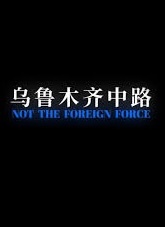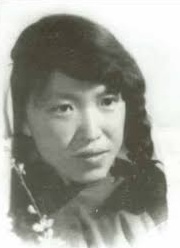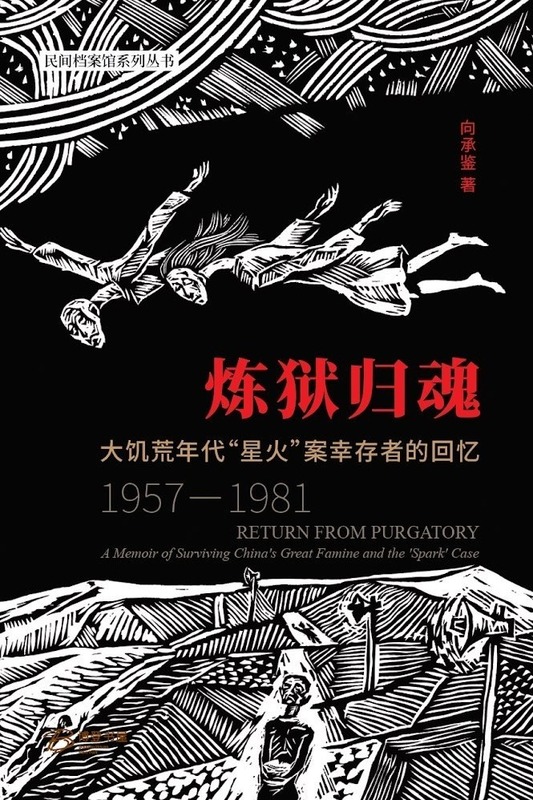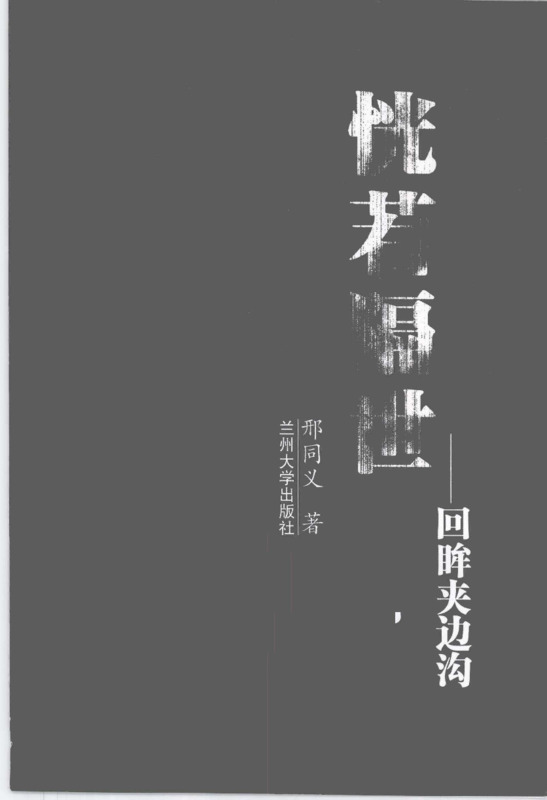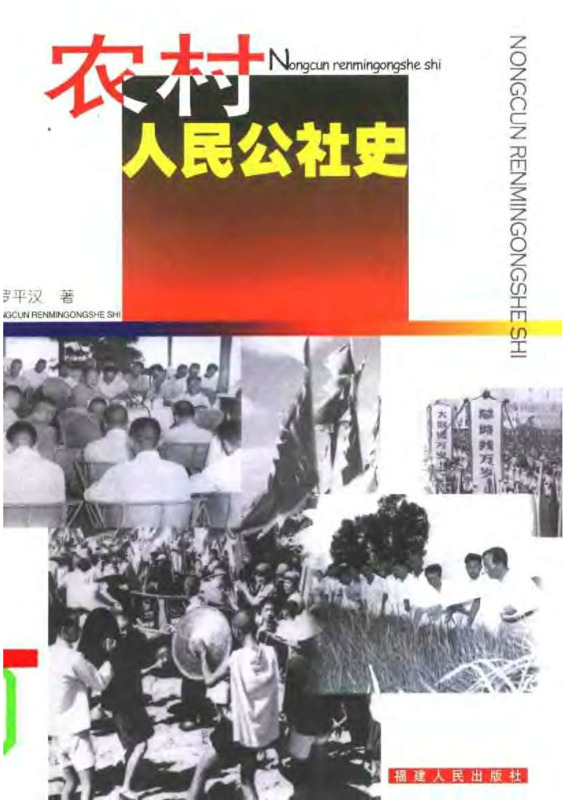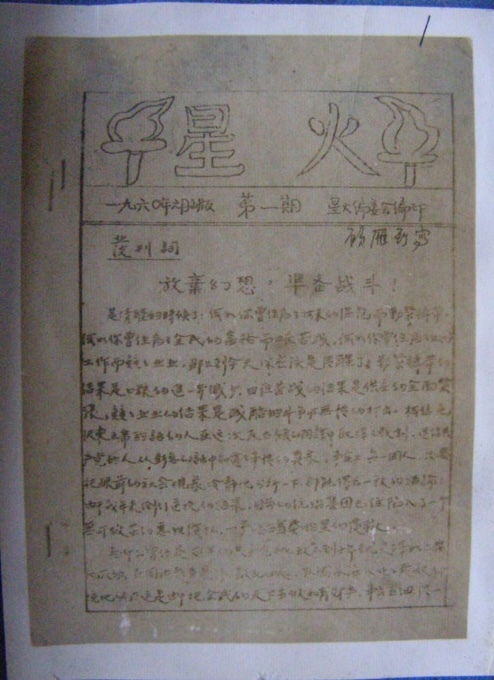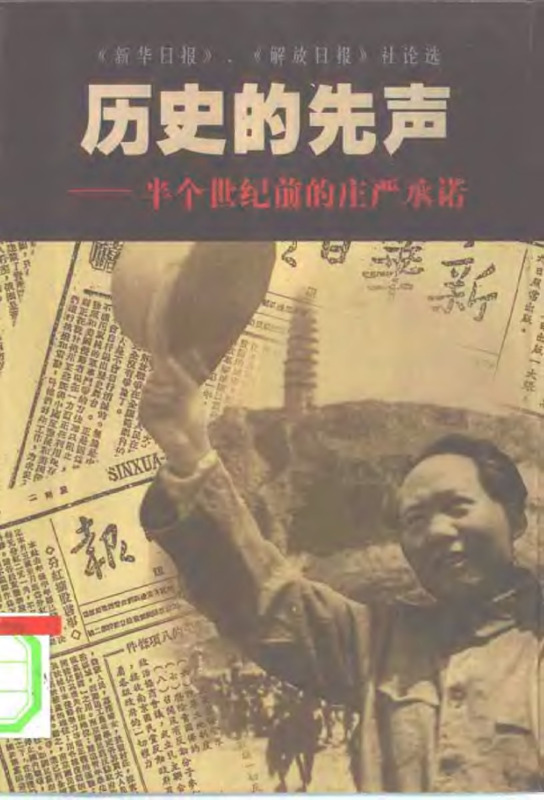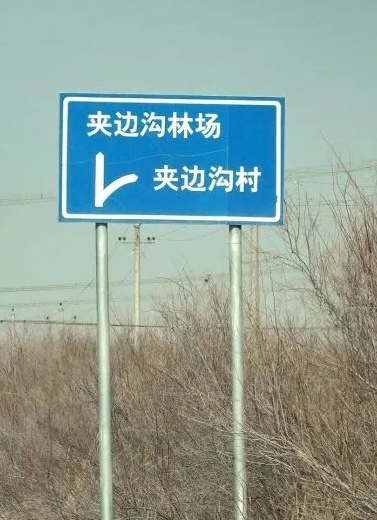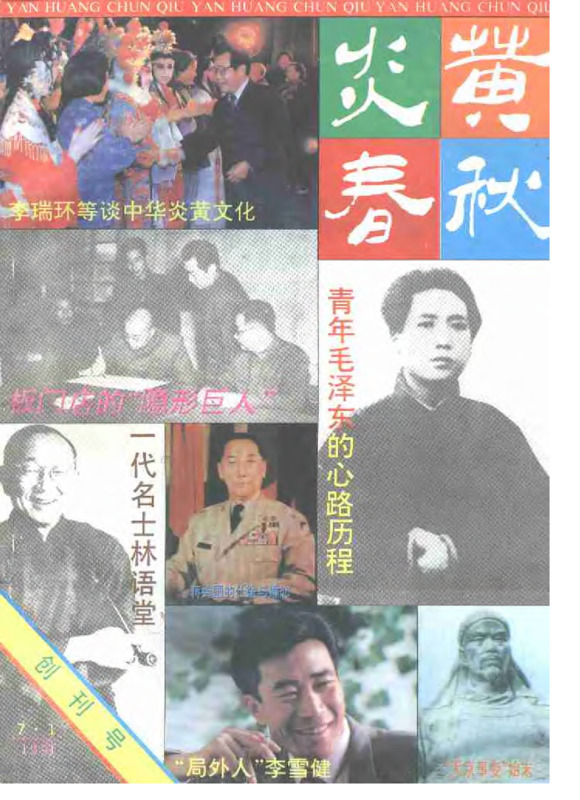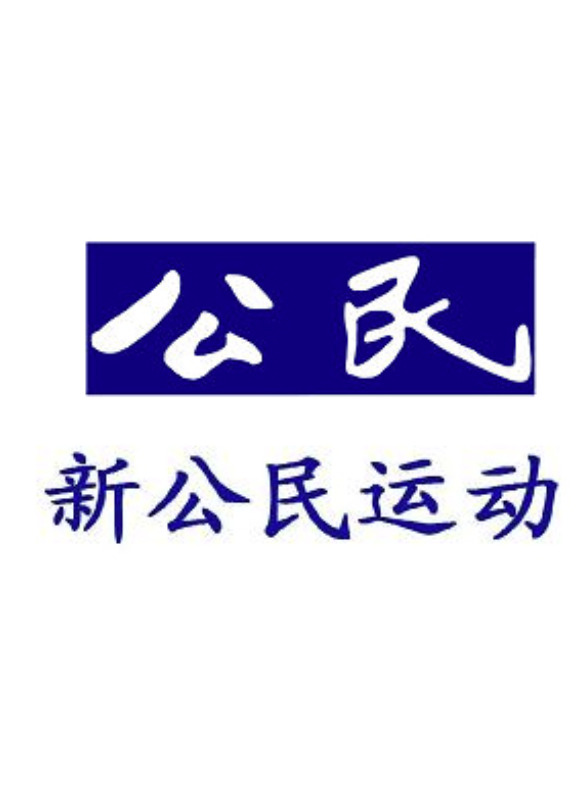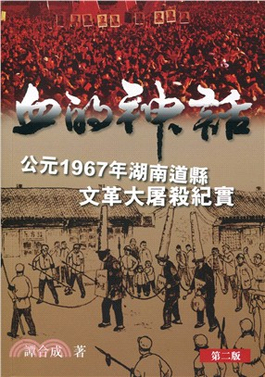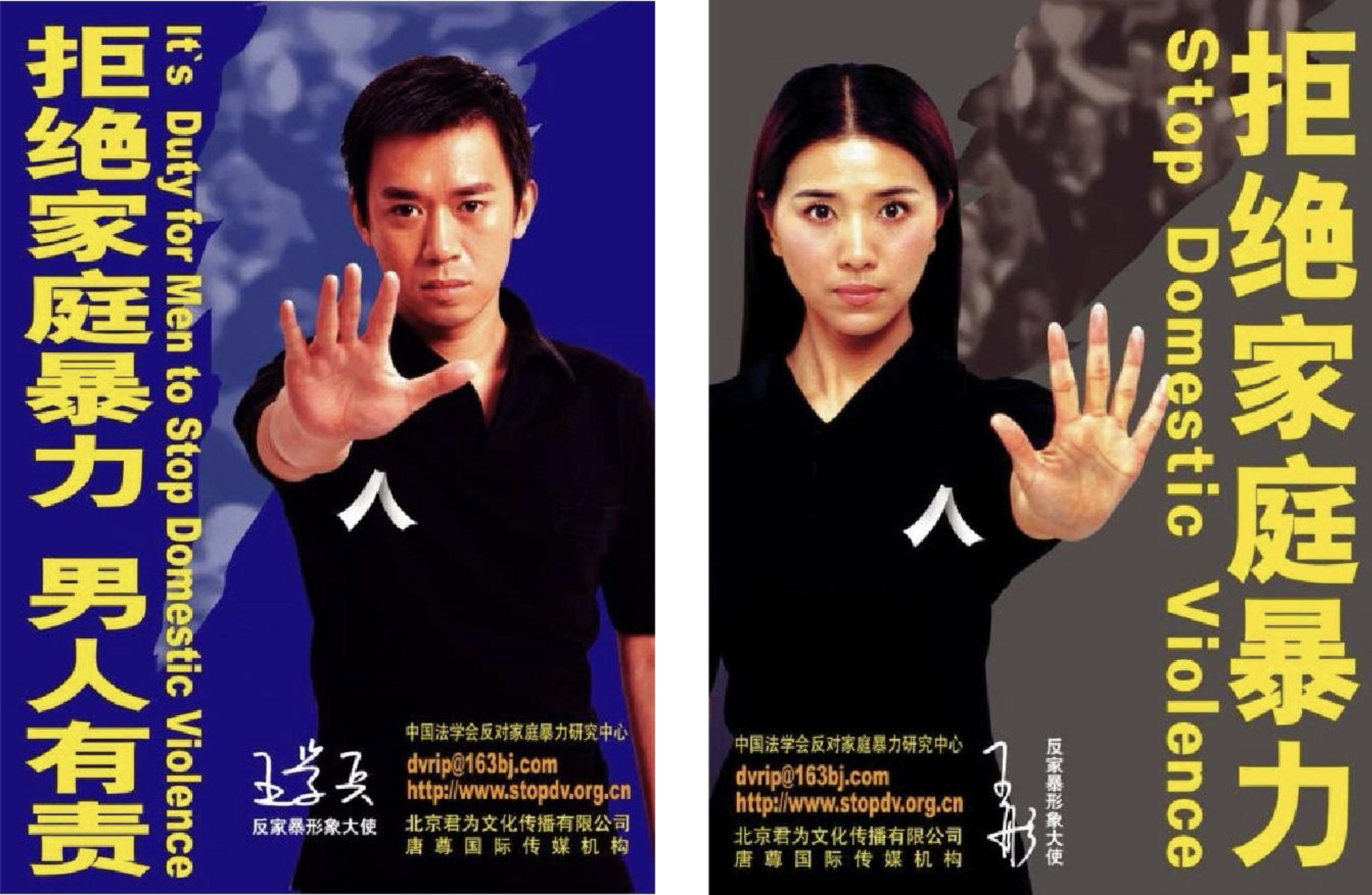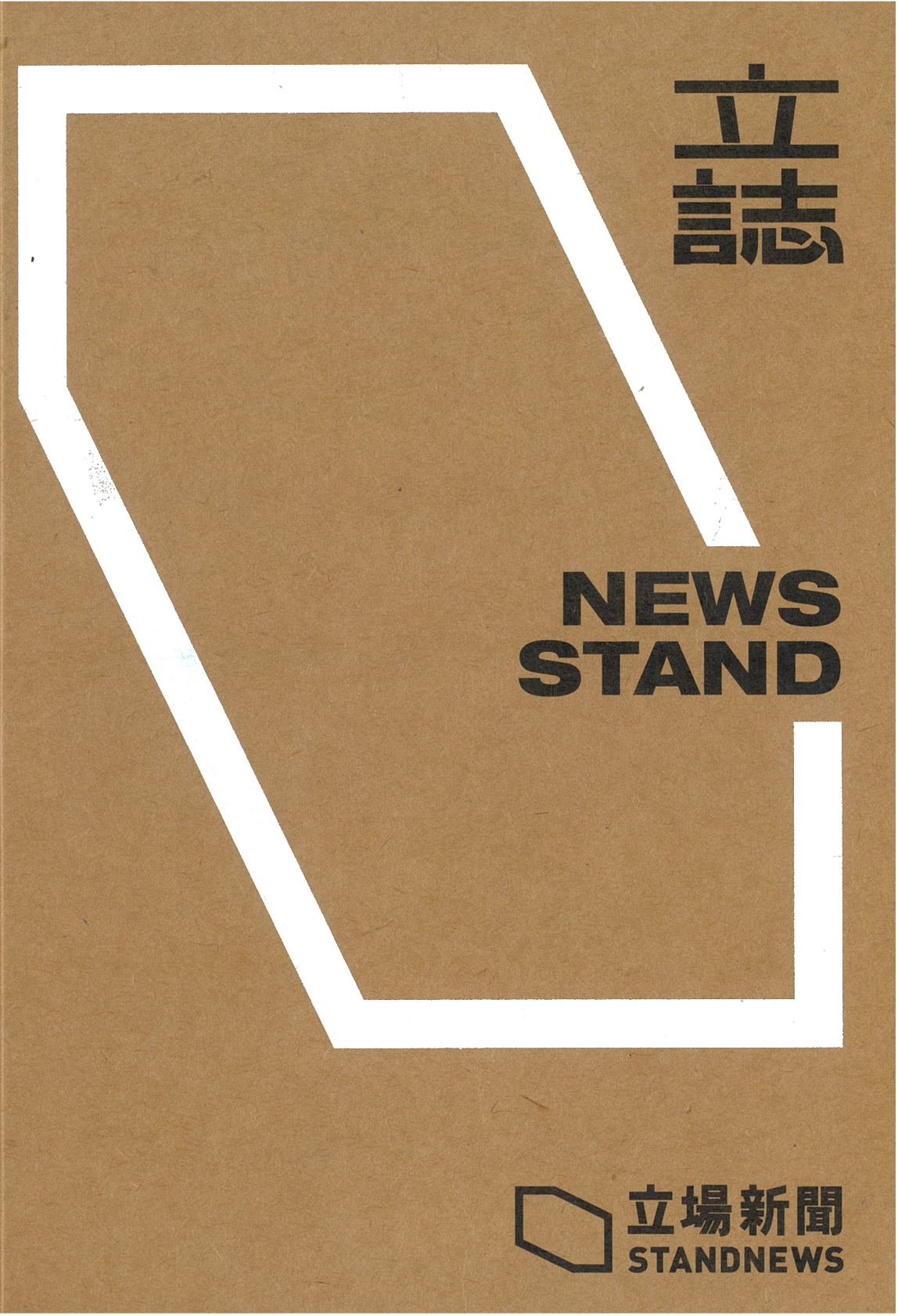This site is dedicated to making accessible the key documents, movies, blogs, and publications of a movement of Chinese people seeking to reclaim their country's history.
我们致力于收集、保存和传播被审查、被压制的中国民间历史。
Highlights from the Collection
New in the Archive
Film and Video
The Vagina Monologues (Performance at Sun Yat-sen University)
<i>The Vagina Monologues</i> is a pioneering feminist drama created by the American playwright Eva Ensler. In 2003, teachers and students at the Gender Education Forum of Sun Yat-sen University in China adapted the play and added artistic interpretations of Chinese women's gender experience. The adapted play had its first performance at the Guangdong Provincial Art Museum on December 7, 2003. This video is a recording of that performance.
Article
The Vagina Monologues' Journey in Mainland China
This article comprehensively documents the journey of the play <i>The Vagina Monologues</i> in Mainland China, including its many performances nationwide, as well as screenings of the play and events based on the play.
The author, Rong Weiyi, is an associate professor at the People’s Public Security University of China and an expert in gender studies, serving as a member of the China Women’s Studies Association, a member of the China Marriage and Family Studies Association, and a special researcher for the China Police Association.
Periodicals
NEWS STAND
NEWS STAND is a special issue of Hong Kong’s Stand News. Featuring selections of reporting and photography on Hong Kong's 2019 social movement, NEWS STAND presents readers with a first-hand account of Hong Kong’s history.
Established on December 30, 2014, Stand News ceased operations on December 29, 2021, after Hong Kong’s National Security Police raided the publication’s headquarters.
The Hong Kong Police charged Stand News, along with its top editors and board members, with “conspiracy to publish seditious publications” under sections 9 and 10 of the Crimes Ordinance for publishing a number of seditious articles. The preface of NEWS STAND was also used by the prosecution as evidence in court.
On December 30, 2021, former Editor-in-Chief Chung Pui-kuen and former Acting Editor-in-Chief Patrick Lam Shiu-tung were refused bail and remanded in custody.
The trial against Stand News began in October 2022 and lasted 57 days, with the verdict adjourned three times, resulting in a judgment on August 29, 2024, a span of 33 months from indictment to verdict.
Judge Kwok Wai-kin found Chung, Lam, and Stand News’ parent company guilty of criminal intent, finding that the political philosophy of Stand News was nativist and that it was “intended to incite hatred of the Chinese central government or the Hong Kong government and hatred of the judiciary.” Of the 17 articles presented by the prosecution, 11 were found by the judge to have inciting intent; Chung and Lam were respectively sentenced to 21 months and 11 months in prison.
Latest Newsletters
Holding the Party to its Word: Rereading the 1999 Classic, The Herald of History
A book simply collected words by Communist Party leaders and articles published in the Party's newspapers. Why was the book banned?
Read more →A new home for independent Chinese thinkers and a new publication: “Mining the Chinese Archives”
We have upgraded the Archives with an array of new features, including better graphic interface, a comprehensive database of Chinese independent thinkers, mapping functions, full-text searches as well as a weekly newsletter "Mining the Archives."
Read more →